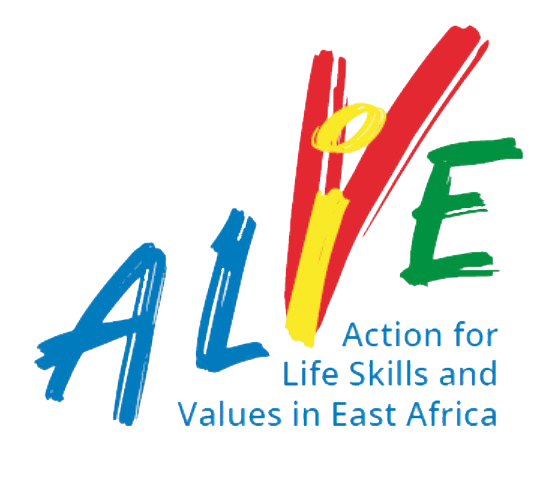This report outlines the dissemination strategies, geographic scope, target demographics, and key outcomes of the ALiVE assessment findings dissemination efforts. It addresses pre-dissemination learning objectives and questions, highlighting focal areas, lessons learned, and suggestions for future improvements and best practices. Overall, the dissemination exercise not only served as a powerful advocacy tool but also provided a valuable learning experience for all involved stakeholders. It is hoped that this resource will serve as a valuable tool for insights that will be utilized in future engagements of a similar manner. Read the full Dissemination Report
To what extent are life skills and values embedded in the primary and secondary education systems of Kenya, Uganda, Tanzania Mainland, and Zanzibar, as evidenced by both explicit and implicit mentions of life skills and values in the curriculum, assessment, and teacher training documents/materials of the systems? Through the ALiVE Initiative, four jurisdictions in East Africa, including Kenya, Uganda, Tanzania Mainland, and Zanzibar, are identifying ways to improve and enhance their education systems by integrating life skills and values. ALiVE’s vision is to ensure that life skills and values are seamlessly embedded in the primary and secondary education systems, including their curriculum, assessment, and teacher training. As a starting point, these four jurisdictions gathered the most current baseline information to determine the extent to which life skills and values are embedded in their education systems, providing evidence of how they progress over time. The outcomes from the study provide an understanding of the current status and how this information can be used in the future to track progress as to the extent to which life skills and values are integrated into their education systems. Read the full baseline report
ALiVE has developed a valid and reliable tool for assessing problem solving, collaboration, self-awareness, and respect proficiencies of in and out-of-school adolescents in Uganda. This report draws attention to several issues which have implications for assessing life skills and values as well as developing life skills and nurturing values in East Africa. This is a call to action for all of us – how do we move from having a tool and evidence to ensuring that all our children in Uganda have the needed life skills and values to navigate the 21st century world? A total of 11,074 adolescents aged 13-17 years, from 7,815 households across 400 enumeration areas in 20 districts participated in the assessment. The assessment was conducted by 734 volunteers, 66 teacher trainees, 20 district coordinators, and 40 village coordinators, with support from the local leaders, and ALiVE team. Read the full report




